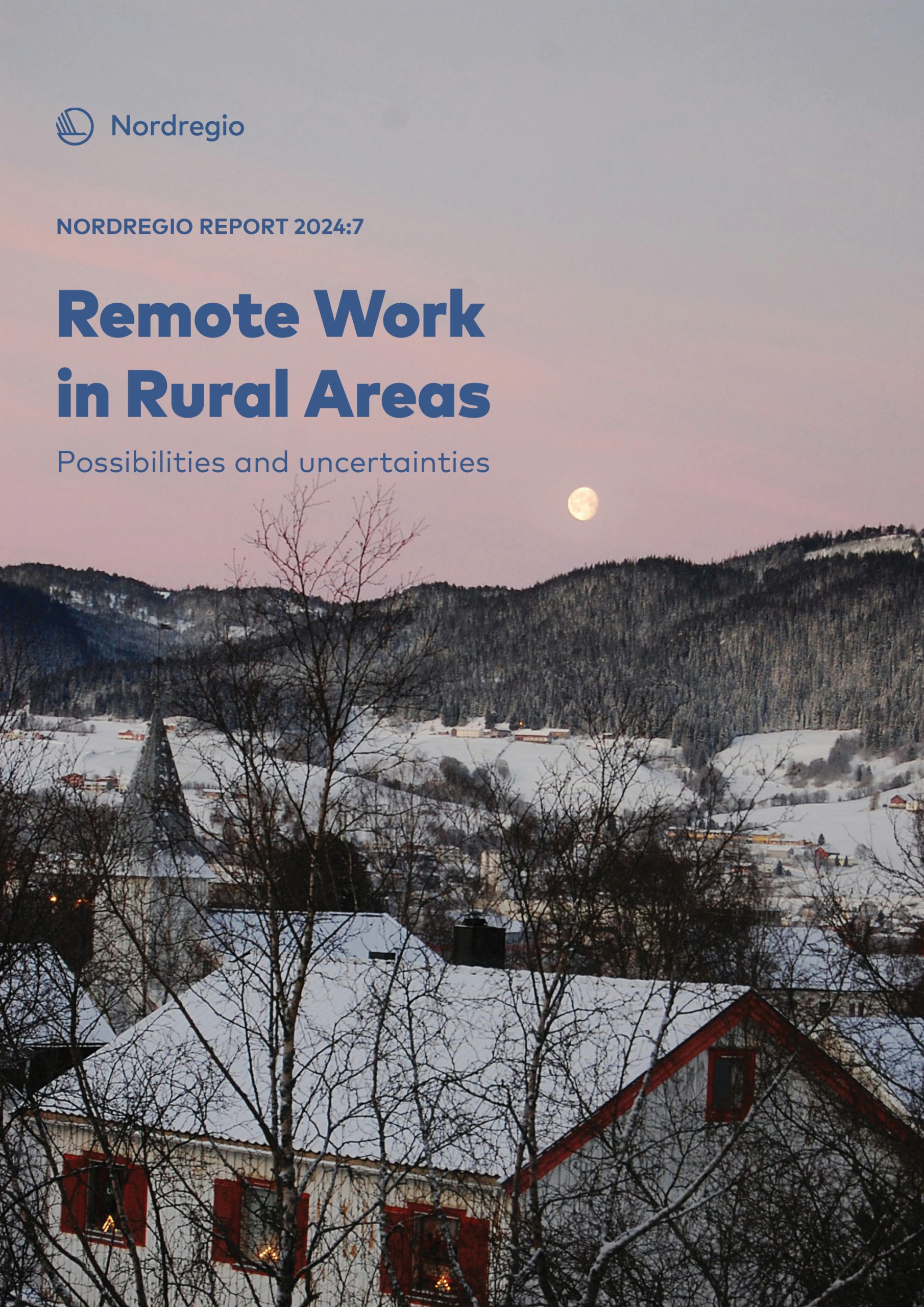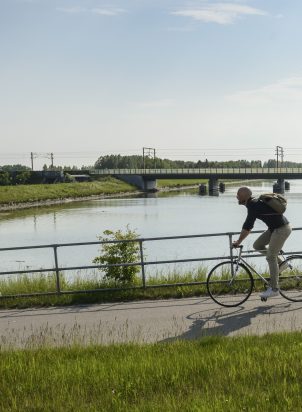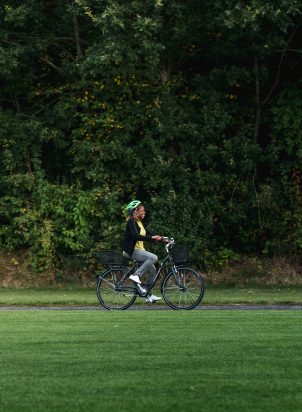This study investigates the role of remote work in enhancing the resilience of rural and remote municipalities in the Nordic countries, highlighting the shift towards hybrid work models.
The report presents six case studies, each detailing the context, challenges and opportunities associated with remote work. The study found that many public authorities lack formal remote work policies, relying on pre-existing or pandemic-developed frameworks aimed at work-life balance.
The research points to remote work’s potential for attracting and retaining residents and skilled workers, crucial for rural development, despite challenges like the need for improved digital infrastructure and the absence of formal policies. Initiatives like co-working spaces and the focus on enhancing regional attractiveness through quality of life and infrastructure investments are seen as key to leveraging remote work for sustainable regional development. However, the study also notes obstacles such as legislative issues and the need for comprehensive strategies to fully realise the benefits of remote work for rural revitalisation.
Remote work offers a pathway to sustainable development in Nordic regions by introducing new skills, enhancing business innovation, and improving public services, which helps combat out-migration and boosts quality of life. For maximum impact, investments in digital infrastructure, supportive work environments, and regional attractiveness are crucial, paving the way for a more vibrant and sustainable future.







